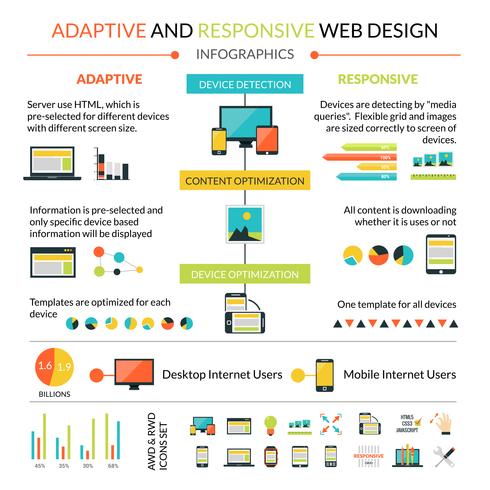Tips For Improving Internet Site Speed And Efficiency Through Webhosting
Tips For Improving Internet Site Speed And Efficiency Through Webhosting
Blog Article
Post Writer-Bush Mcneil
They state 'time is money,' and in the world of site organizing, this could not be much more true.
When it concerns your web site's rate and efficiency, every second matters. Slow-moving filling times can discourage customers and drive them away, causing shed opportunities and potential revenue.
Yet concern not, there are means to improve your website's speed and efficiency with webhosting. In this discussion, we will explore some valuable ideas and methods that will help you optimize your internet site's efficiency and keep your visitors involved.
So, bend up and prepare to unlock the keys of a lightning-fast web site!
Picking the Right Web Hosting Supplier
When it pertains to boosting your web site rate and performance, selecting the ideal host supplier is important. A great host service provider can significantly influence the packing rate, uptime, and total performance of your internet site.
To guarantee you make the best option, consider variables such as server location, server sources, and client assistance. Choose a provider that has web servers located near to your target audience to reduce latency and enhance filling times.
Furthermore, inspect the web server sources offered, such as RAM, CPU, and storage space, to ensure they fulfill your web site's needs.
Lastly, trustworthy and receptive client assistance is crucial for addressing any kind of technological concerns promptly.
Optimizing Web Site Caching and Compression
To optimize site caching and compression, think about applying reliable methods to enhance filling times and minimize file dimensions. Below are three means to accomplish this:
- ** Leverage browser caching **: Establish the expiry header for static files to urge internet browsers to cache them. By doing this, visitors don't need to download the same documents consistently, causing faster page loads.
- ** Enable Gzip compression **: Pressing your site's data reduces their dimension, permitting them to be sent more quickly to site visitors' internet browsers. Enable Gzip compression on your server to achieve this, properly lowering load times.
- ** Use CDN solutions **: Material Distribution Networks (CDNs) store your site's fixed data on numerous servers worldwide. By using a CDN, visitors can access these files from the server closest to them, decreasing latency and enhancing loading speeds.
Minimizing Server Response Time
Consider executing strategies to decrease server reaction time in order to enhance site speed and performance.
view it now describes the amount of time it takes for a server to respond to a request from a customer's internet browser. A sluggish web server response time can considerably impact the general speed and efficiency of your site, bring about a bad individual experience and possible loss of site visitors.
To minimize web server response time, you can start by maximizing your web site's code and data source queries to guarantee they're efficient and streamlined. Additionally, choosing a reputable and high-performance webhosting provider can make a significant distinction in minimizing server response time.
Lastly, executing caching and web content delivery networks (CDNs) can help disperse the lots and enhance feedback times for users found in various regions.
Verdict
On the whole, by choosing a reliable webhosting supplier, enhancing caching and compression, and reducing server reaction time, you can enhance your website's rate and performance.
Think of it as a well-oiled device, with each component working perfectly together to give a smooth and effective customer experience.
So, website ada compliance law ignore the relevance of web hosting when it pertains to enhancing your site's efficiency-- it's the engine that maintains points running efficiently.
